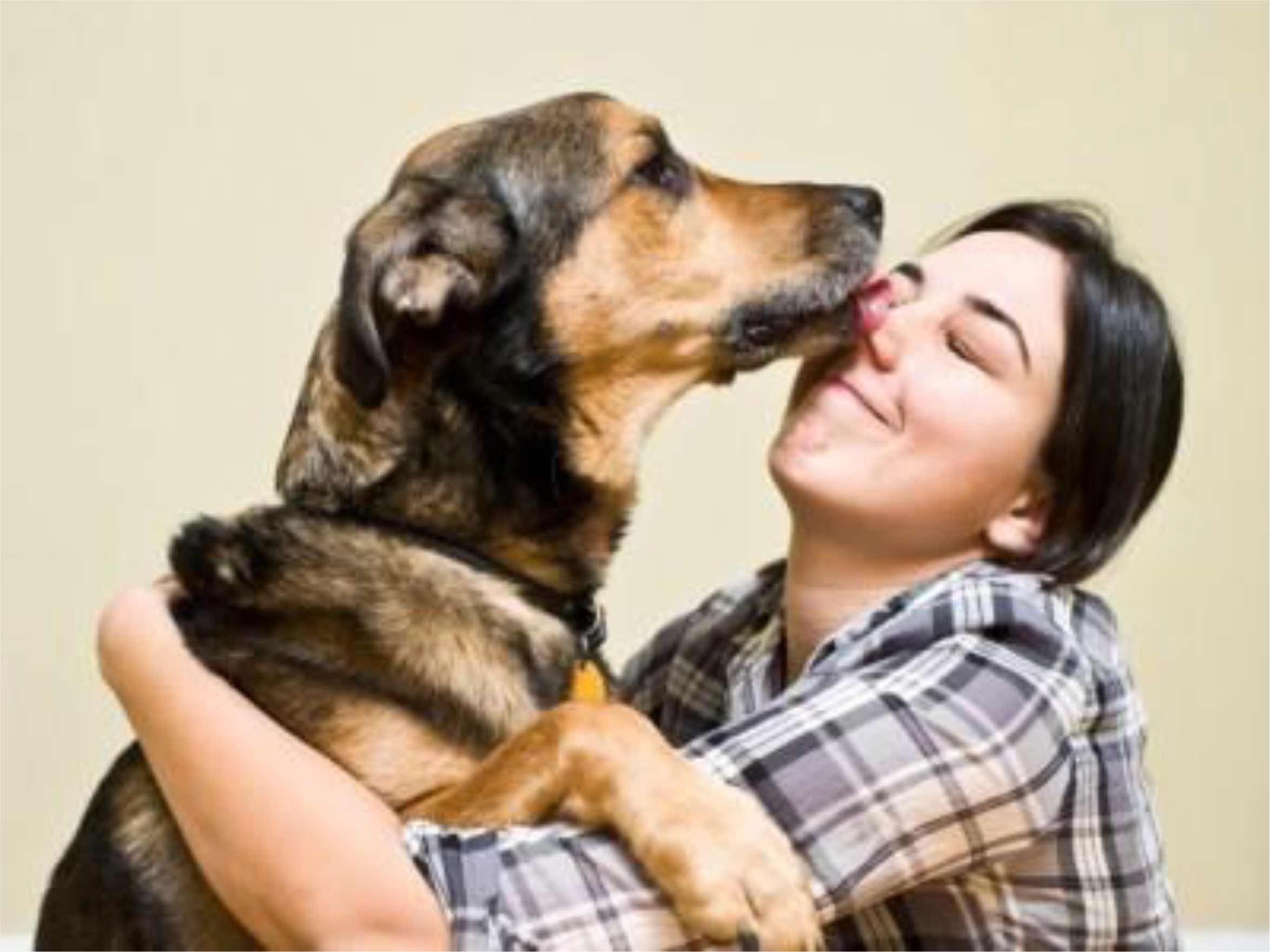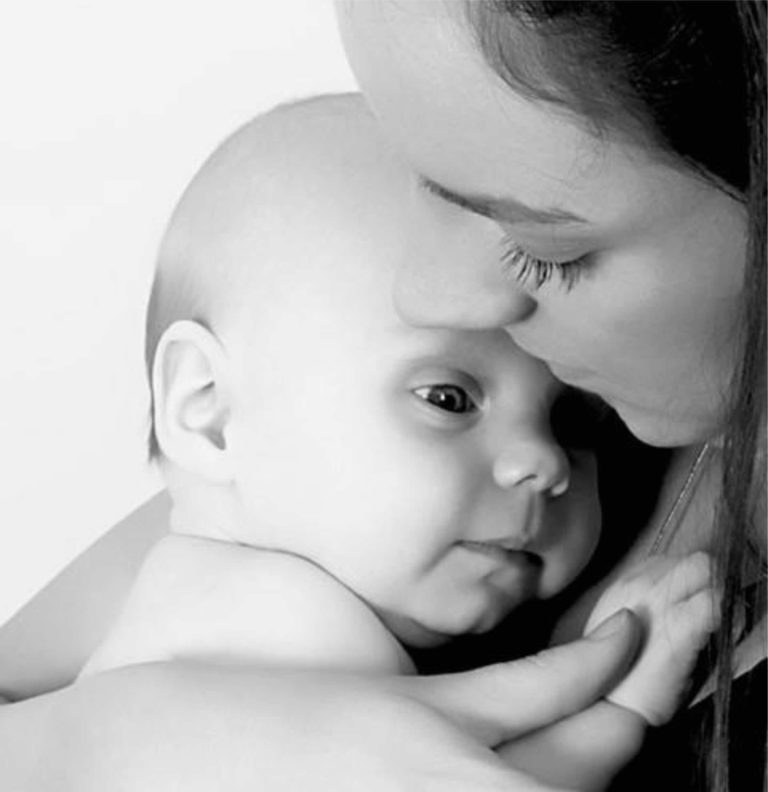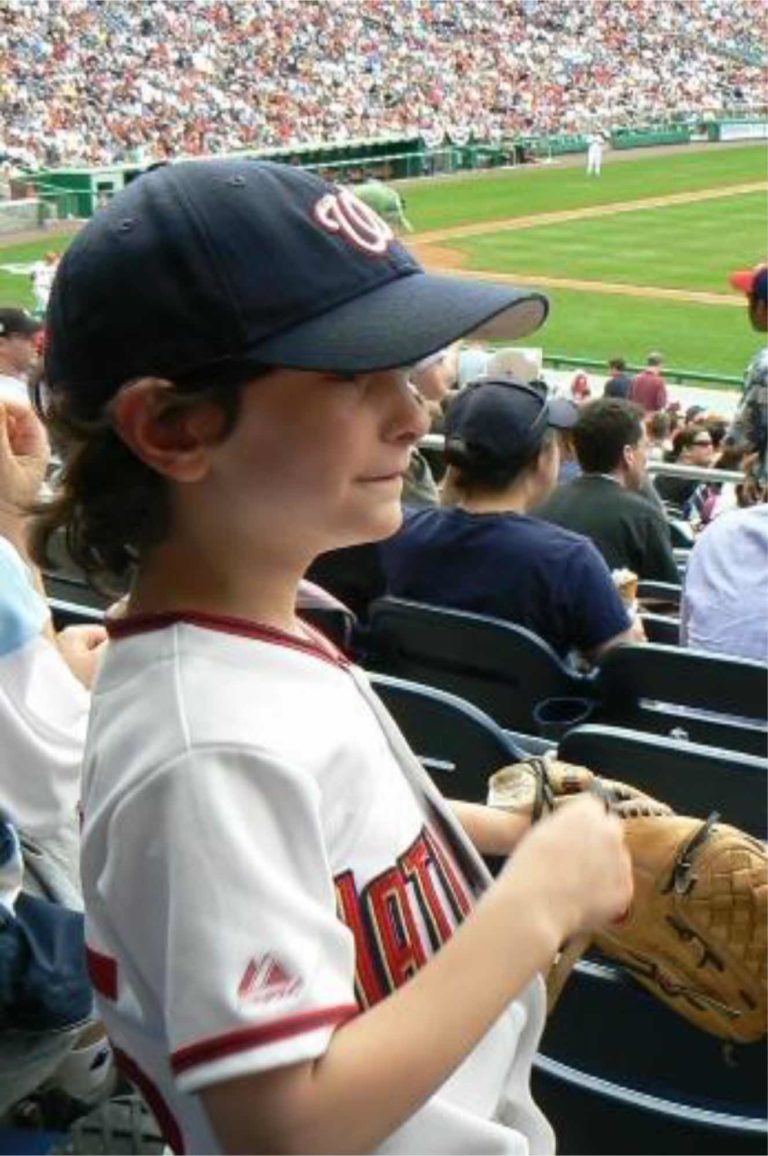Bonds between humans and pets, especially dogs and cats, share many characteristics of intimate relationships between humans, but relationships with pets are imbued with qualities not inherent in human relationships. A bond with a dog or cat is built on a foundation of mutual, uncomplicated love and the deep joy it brings. Being loved by a pet is central to this love, but no less essential is our uncomplicated love for our pet. Because pets do not disappoint us by forgetting our birthday or failing to live up to their potential, this unique love can flourish. Pets may react with destructive behavior when left alone, but they do not bear grudges.
Many relationships between humans and pets contain subtle complexities. Freud’s intense love of dogs, began with Wolf, a dog he gave his daughter, Anna, to accompany her long solitary walks. Freud wrote a friend that Wolf “almost replaces” his grandson, Heinrich, who had died 2 years earlier. Although the concept of a gift is distinctly human, pets often receive gifts. Animals can be misused to satisfy darker desires, witness the existence of dog fighting or situations in which animals are rescued and then kept in conditions of filth and starvation. However, a limited understanding of relationships with pets as alleviating loneliness, healing the pain of loss, or fulfilling other unmet needs profoundly over-simplifies the role of pets in our lives.
Domesticated 10,000 years ago, the dog has adapted so successfully to living with humans that it is ubiquitous, while its progenitor, the wolf, is an endangered species. Our inclination to anthropomorphize pets may contribute to this success, but perhaps we should follow the advice of Edward Hoagland: “In order to really enjoy a dog, one doesn’t merely try to train him to be semi-human. The point of it is to open oneself to the possibility of becoming partly a dog.” (1932)



